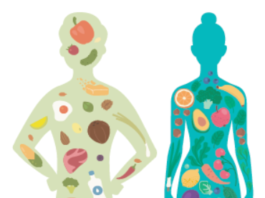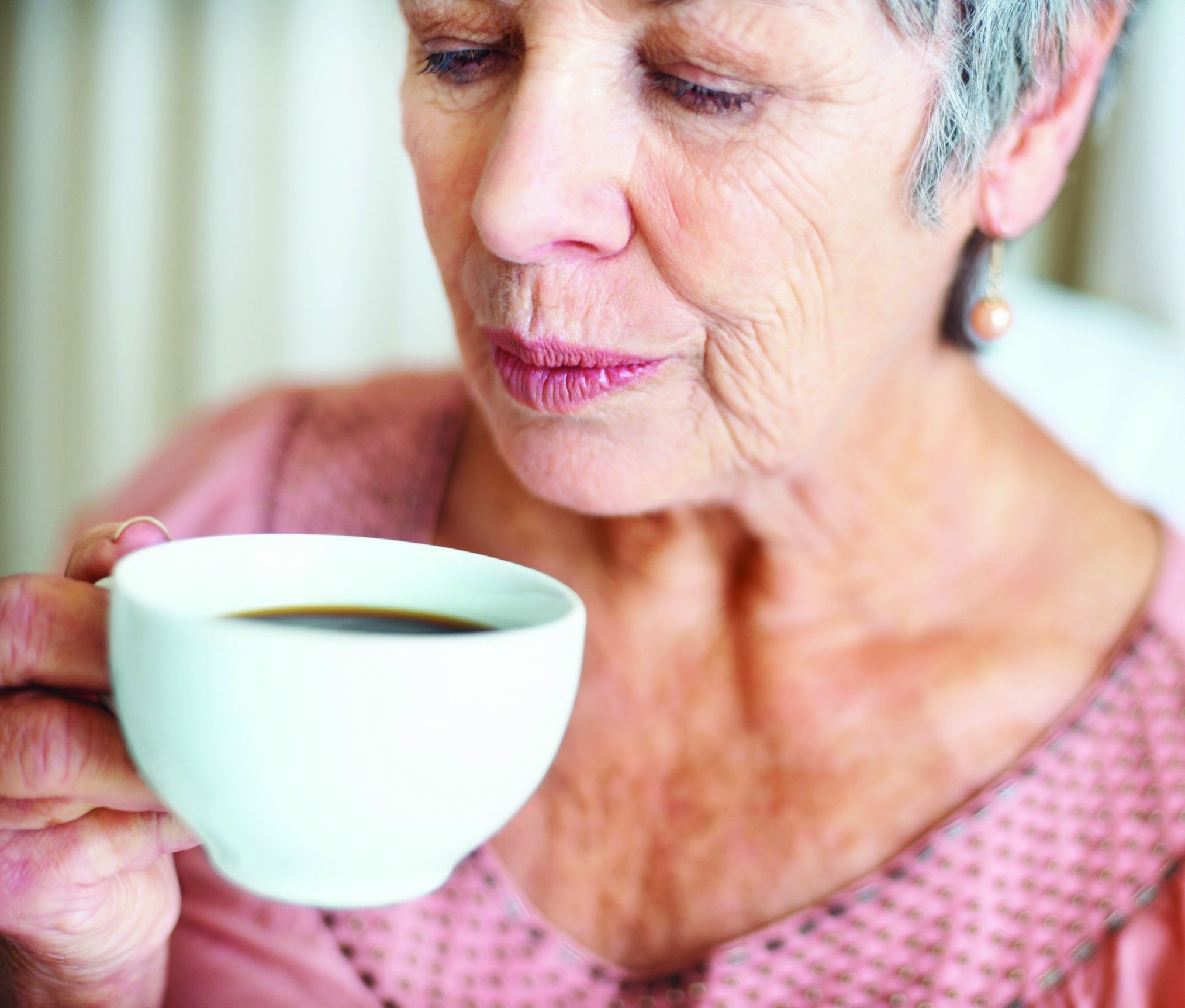Ginkgo Linked to Cancer in Lab Animals
Ginkgo biloba, one of the most popular herbal supplements despite repeated trials failing to show
Review Slams Supplements Anti-Cancer Marketing
A review of the scientific evidence for the National Cancer Institute finds little support for
No Proof Gum Disease Causes Heart Disease
An expert review of 537 studies on periodontal disease and risk of heart attack or stroke
Caffeine Linked to Lower Skin-Cancer Risk
Could your morning cup of coffee, afternoon tea or diet cola reduce your risk of skin cancer
Diet and Cancer Research Roundup
Antioxidant-Rich Foods May Cut Risk of Pancreatic Cancer Foods rich in antioxidant vitamins C and E and selenium may help reduce the risk
Dietary Magnesium Linked to Lower Colon Cancer Rates
A new study again casts the spotlight on magnesium, an often-overlooked mineral thats now
Cancer Deaths Keep Dropping
Americans rate of deaths from cancer is down 20% from its peak in 1991, according to a new American Cancer Society report.
Drinking Tea Protects Your Head, Heart and Bones
"If theres anything that can confidently be communicated to the public, its the strong association of tea drinking with a lower risk of common chronic diseases, particularly heart disease, and the demonstration of that benefit through clinical trials," says Jeffrey B. Blumberg, PhD, director of Tufts HNRCA Antioxidants Research Laboratory and chair of the Fifth International Scientific Symposium on Tea and Human Health. The symposium, held at the US Department of Agriculture in Washington, DC, spotlighted new evidence of the health benefits of tea, ranging from preventing osteoporosis to improving digestion. Other new studies have recently linked tea consumption to lower incidence of some cancers and reduced risk of functional disability.
Regular Workouts Reduce Uterus Cancer Risk by 30%
H eres more motivation to get going on a program of regular physical activity: A new National Cancer Institute re- view of 14 prior studies reports that women who regularly exercise reduced their risk of endometrial cancer by about 30%. On the other hand, women who spend more of their day sitting were at greater risk of the can- cer, which affects the lining of the uterus.
Low-Dose Aspirin Might Combat Colon Cancer
T aking low-dose aspirin-often recom- mended to protect your heart-may also reduce your odds of colon cancer. A team of researchers whod previously shown a link between high-dose aspirin and lower colon-cancer risk looked at fve trials totaling 16,488 participants taking lower doses, since long-term high-dose aspirin usage can have adverse bleeding effects. Over nearly 20 years of followup, the new analysis found that people assigned to low- dose aspirin regimens for six years were at one-quarter lower risk of colon cancer and one-third less likely to die of the disease.































